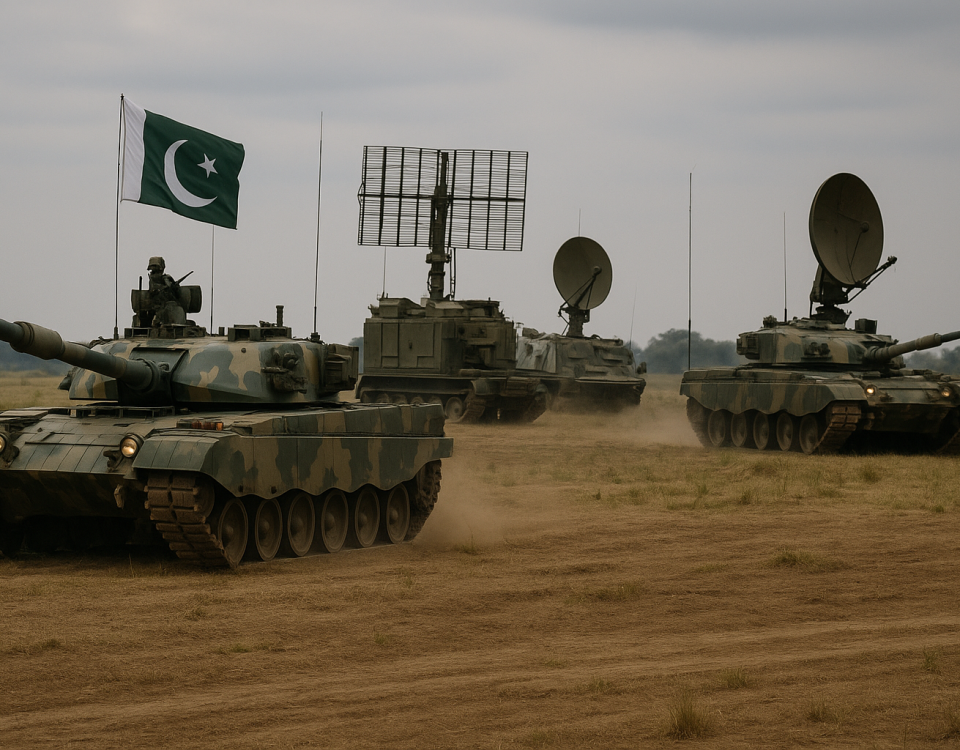
India Warns Bangladesh Against Supporting Terrorism and Strengthening Ties with Pakistan, China
Jaishankar Rejects SAARC Revival Proposal, Cautions Dhaka
Muscat, February 21, 2025 – India has strongly warned Bangladesh against supporting terrorism and aligning with Pakistan and China. External Affairs Minister S. Jaishankar rejected Bangladesh’s request to revive the South Asian Association for Regional Cooperation (SAARC) during a meeting with Bangladeshi Foreign Affairs Adviser Touhid Hossain at the Indian Ocean Conference in Muscat. Jaishankar emphasized that Pakistan remains the main source of instability in the region and criticized Bangladesh’s growing engagement with Islamabad and Beijing.
Bangladesh Pushes for SAARC Revival Amid Changing Alliances
The interim government of Bangladesh, led by Chief Adviser Muhammad Yunus, has been working to improve ties with Pakistan. This marks a shift from the policies of former Prime Minister Sheikh Hasina, who had aligned closely with India. Yunus’s recent meeting with Pakistan’s Prime Minister Shehbaz Sharif in Cairo further signaled Bangladesh’s changing stance.
India views Bangladesh’s push to revive SAARC with suspicion. The organization has been inactive since 2016, when India boycotted a planned summit in Pakistan following the Uri terror attack. At that time, Bangladesh, under Hasina, had supported India’s stance against Pakistan-sponsored terrorism. However, with Hasina now out of power and seeking refuge in India, the interim government is moving closer to Islamabad.
MEA spokesperson Randhir Jaiswal reinforced India’s position, stating, “Everyone in South Asia knows which country has been responsible for SAARC’s failure. Pakistan’s involvement in terrorism is the biggest obstacle to regional cooperation.”
India Stands Firm Against Engagement with Pakistan
India has made it clear that it will not engage with any regional body that includes Pakistan. Instead, India prefers to focus on BIMSTEC (Bay of Bengal Initiative for Multi-Sectoral Technical and Economic Cooperation), which includes Bangladesh but excludes Pakistan. This organization fosters regional development without interference from Islamabad.
By rejecting Bangladesh’s push for SAARC, India is signaling that it will not allow Pakistan to regain influence in the region through diplomatic means.
Concerns Over Bangladesh’s Growing Ties with China
India is also alarmed by Bangladesh’s increasing economic and strategic dependence on China. Beijing has been investing heavily in Bangladesh through its Belt and Road Initiative (BRI), leading to concerns that Dhaka may fall into a debt trap. Chinese firms are gaining control over key Bangladeshi infrastructure projects, including ports and power plants.
By strengthening ties with both Pakistan and China, Bangladesh risks losing its strategic autonomy and creating regional instability.
India Monitors Rising Attacks on Hindus in Bangladesh
India is also keeping a close watch on the growing violence against Hindus in Bangladesh. Since Hasina’s removal, attacks on Hindu communities and temples have increased, with the interim government failing to take action. Dhaka has dismissed these concerns, calling them “Indian media fabrications.”
India sees this trend as deeply troubling, drawing comparisons to Pakistan’s long history of persecuting religious minorities.
Border Security Tensions Continue
Border security remains a major issue between India and Bangladesh. Despite repeated talks between India’s Border Security Force (BSF) and Bangladesh’s Border Guard (BGB), Dhaka has not taken strong measures to curb illegal migration, smuggling, and cross-border crimes.
Instead, Bangladesh has accused India of excessive border enforcement while failing to address its own security lapses.
India’s Message: No Room for Double Standards
India’s rejection of the SAARC proposal is a strong message to Bangladesh that it cannot maintain close ties with India while simultaneously working with Pakistan and China.
Jaishankar’s warning makes it clear: if Bangladesh values its relationship with India, it must stop playing diplomatic games and avoid legitimizing forces that threaten regional security. The future of India-Bangladesh ties will depend on whether Dhaka prioritizes long-term stability or continues down a path that benefits its rivals at the cost of its own national interests.
***





